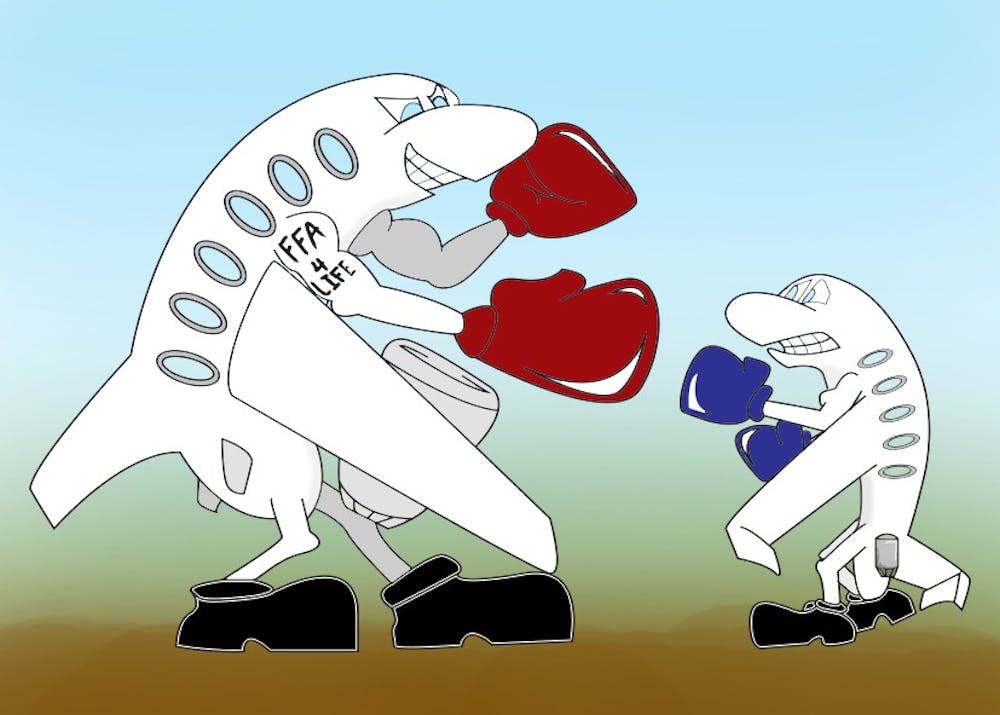Following Labor Day, many students’ Instagram and Twitter feeds are awash with travel photos. Images of sandy beaches and the bright lights of Vegas are posted to advertise just how much out-of-town fun people are having.
However, for some, it seems impossible to travel that far and that often for leisure. The costs associated with driving and flying are too high, and this problem is further exacerbated for out-of-state students, who are almost guaranteed two cross-country trips to go home for Christmas and the summer.
This problem could have been easily resolved through the concept of "flightsharing," which was birthed from the minds of Alan Guichard and Matt Voska a few years ago when they founded Flytenow. However, the Federal Aviation Administration (FAA)'s regulations proved too costly.
Flytenow aimed to help private pilots trim down the cost of flying while opening up a unique and inexpensive method of transit.Unfortunately for Flytenow, these FAA regulations were based on faulty logic, and now the ruling is essentially irreversible.
The service would work like a digital bulletin board for pilots, where they can also post their pre-scheduled flights. On Flytenow, pilots can also maintain public profiles containing information about their credentials and aircraft.
They also can include a price per seat, which, due to FAA regulations banning them from turning a profit, would almost always be cheaper than flying commercial.
The wonderful thing about this service, besides the cost, is the convenience. Never again would you be subject to the pat downs and gropes of the TSA. No longer would you have to navigate large crowds in sprawling airports. Instead, just fly into the small, private airfields that are three times as plentiful as public ones. This means more direct flights, and flying closer to your destination than previously possible.
“(Whether the flight is) cheaper or more expensive, people would definitely want to fly into a place that is closer to home,” Andrew Fox, a sophomore economics major at ASU, said.
Brennan Garnett, a junior accountancy major, saw specific benefits for his social life.
“I have friends in Irvine, California that I would love to visit, but there is no cheap way to do so," Garnett said. "A flight sharing service would be interesting and helpful.”
The bottom line is, this company, or any other that could offer a similar service with more competitive pricing, would benefit a large part of the population, especially out-of-state students who travel a lot and are not necessarily enrolled in an airline rewards program.
I say “would have” because Flytenow is no longer in operation, despite it being a novel idea that meets a common demand. This is because the FAA arbitrarily decided in 2015 that they should not exist.




